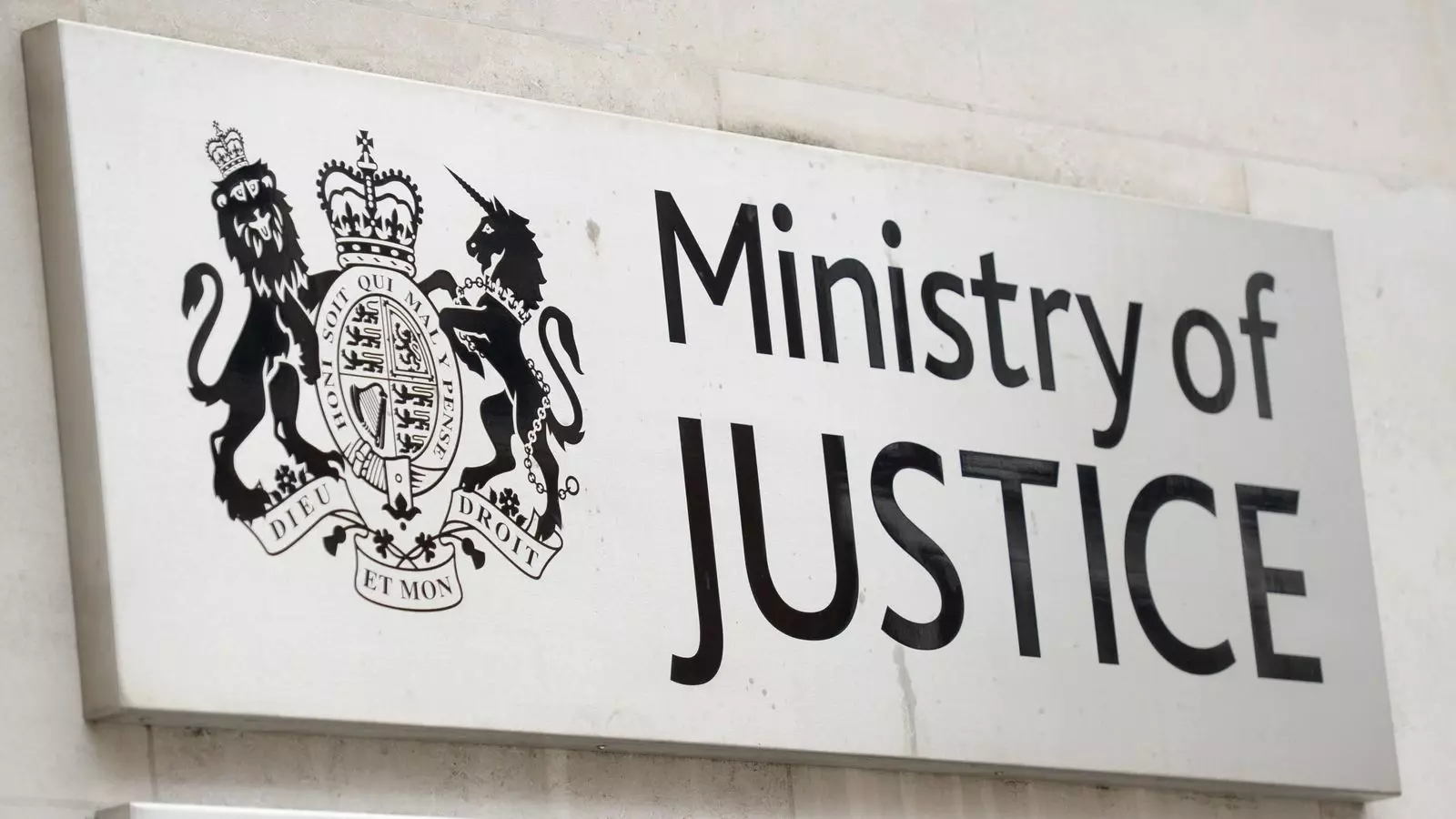In an era where data is more valuable than gold, the recent breach experienced by the Legal Aid Agency (LAA) represents a catastrophic failure in safeguarding personal information. The Ministry of Justice (MoJ) has revealed that hackers accessed a significant trove of sensitive data, including criminal records and private identifiers of individuals who sought legal aid. While the hackers boasted about accessing over 2.1 million data pieces, the MoJ’s failure to verify this staggering figure only compounds the uncertainty surrounding this grave situation. This incident serves as a cautionary tale about the fragility of digital security, particularly in governmental agencies expected to manage sensitive information judiciously.
Neglect and Mismanagement: A Systemic Failure
The root cause of this breach appears to stem from long-standing systemic issues within the LAA and the broader MoJ framework. An anonymous insider within the MoJ pointed toward “neglect and mismanagement” as critical factors leading to the vulnerability of the agency’s systems. When vulnerabilities have been acknowledged for years, the question that arises is simple yet alarming: why hasn’t more been done to address them? Ministers in power have a responsibility to uphold the integrity of public services, particularly those as crucial as legal aid, which serves the most vulnerable sectors of society. The incident seems not just a failure of technology but an indictment of political will, wherein bureaucratic inertia leaves citizens’ sensitive information dangling in the wind.
Implications for the Public
For those who have applied for legal aid over the past 15 years, this breach betrays a sense of trust that can never be fully restored. Individuals who relied on the LAA for assistance, often in dire circumstances, now face an additional specter of anxiety regarding identity theft and fraudulent activity. The MoJ’s reaction to advise these individuals to change passwords and remain vigilant may feel inadequate given the gravity of the breach. This isn’t just about security; it’s about a fundamental breakdown of trust between the government and the public. How can individuals feel secure when the institutions designed to protect them fail so spectacularly?
The Technological Shortcomings Exposed
The Law Society’s characterization of the LAA’s IT systems as “antiquated” cannot be overstated. The sensational nature of this phrase should resonate deeply, as it underscores the broader implications of neglecting technological advancement within public institutions. In a digital age where cyber threats are not only prevalent but evolving in sophistication, outdated technology becomes a ticking time bomb. The LAA’s technological malaise serves as a stark reminder that the justice system must be equipped with modern tools to maintain public trust and safe-guard sensitive data. The necessity for sustained investment in technology should be at the forefront of governmental priorities, an obligation that has evidently been sidelined for far too long.
Radical Action: A Reaction of Desperation
LAA chief executive Jane Harbottle’s call for “radical action” is telling, signaling a genuine acknowledgment of the severe breach’s implications. However, taking systems offline as an immediate response could hinder access to legal aid for individuals in need. While safety measures must be prioritized, the lack of contingency plans raises concerns regarding the agency’s preparedness for such crises. Preparedness and proactive measures against cyber threats have become essential in this day and age, and it appears that the LAA has been caught flat-footed, undermining its capacity to serve the public effectively.
Political Accountability and the Path Forward
Ultimately, this data breach signifies more than just technological failure; it is a glaring call to action for policymakers and agency leaders alike. The breach should not only prompt immediate remedial actions but also stir a broader conversation about the importance of investing in secure, resilient infrastructures within public systems. With the interaction between technology and public service more critical than ever, there is a pressing need for accountability at all levels. If we are to rebuild trust and ensure the integrity of our justice system, sweeping reforms must be undertaken—reforms that prioritize not only technological advancement but also the security and privacy of every individual who seeks legal assistance.


Leave a Reply